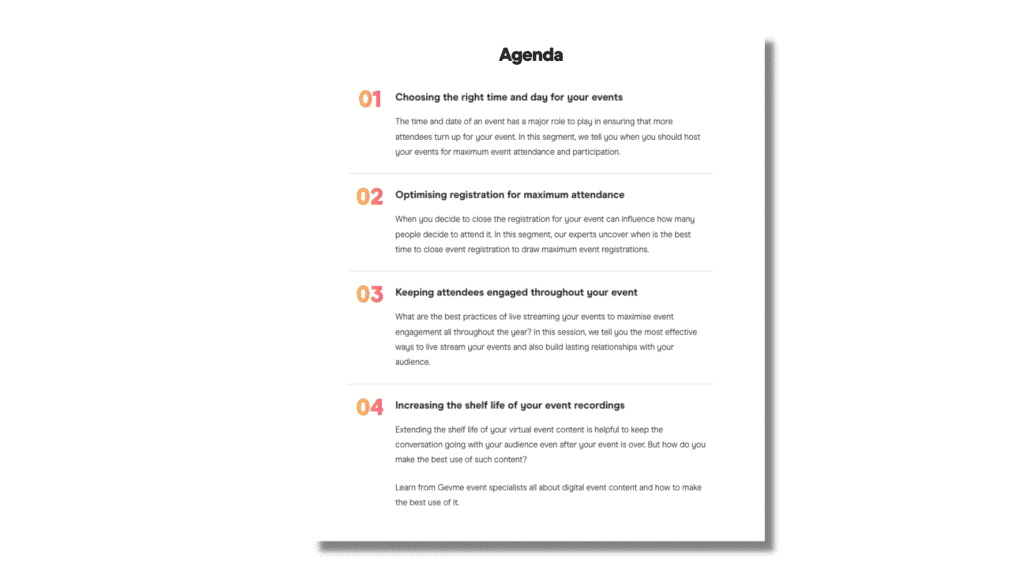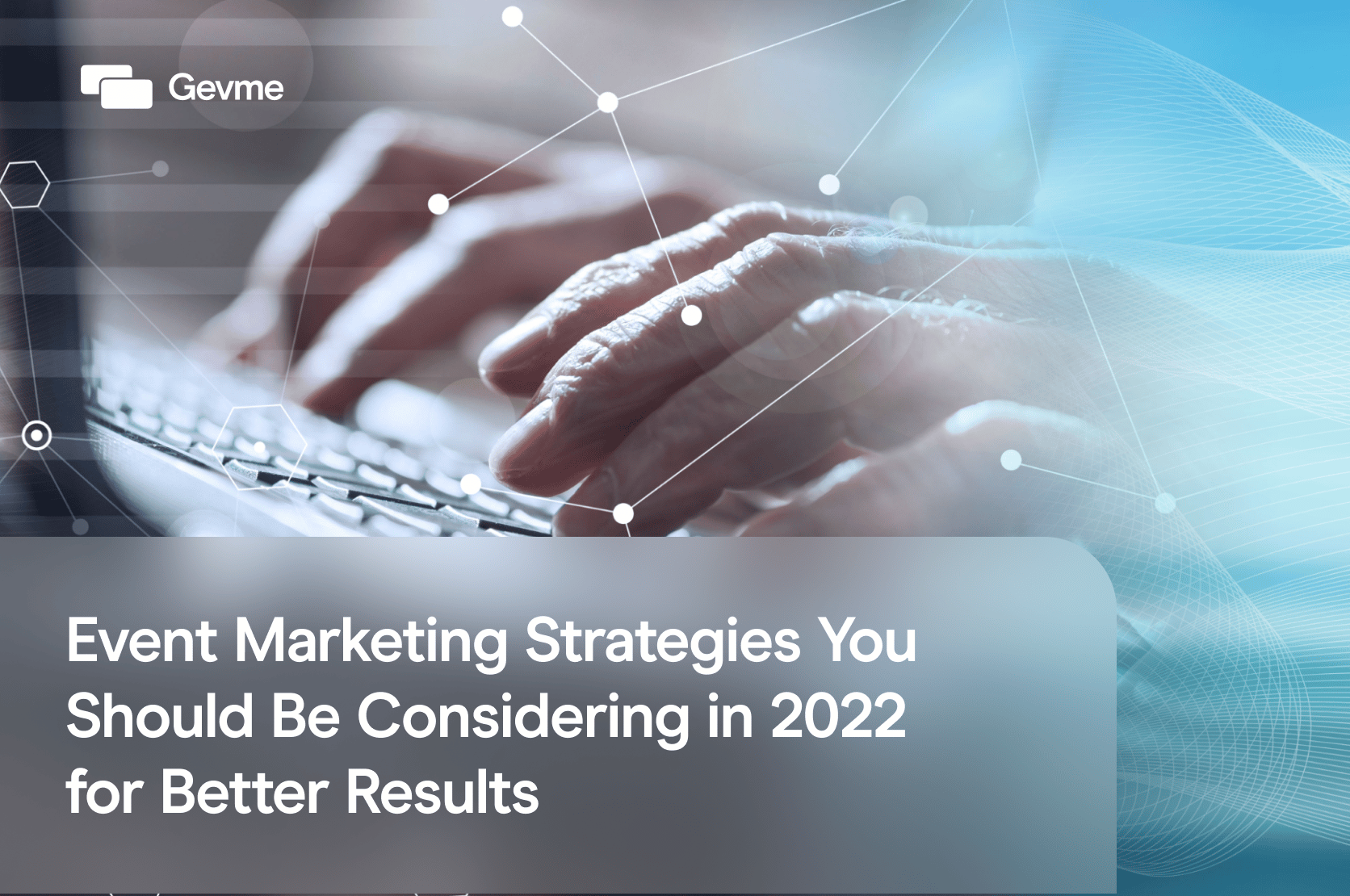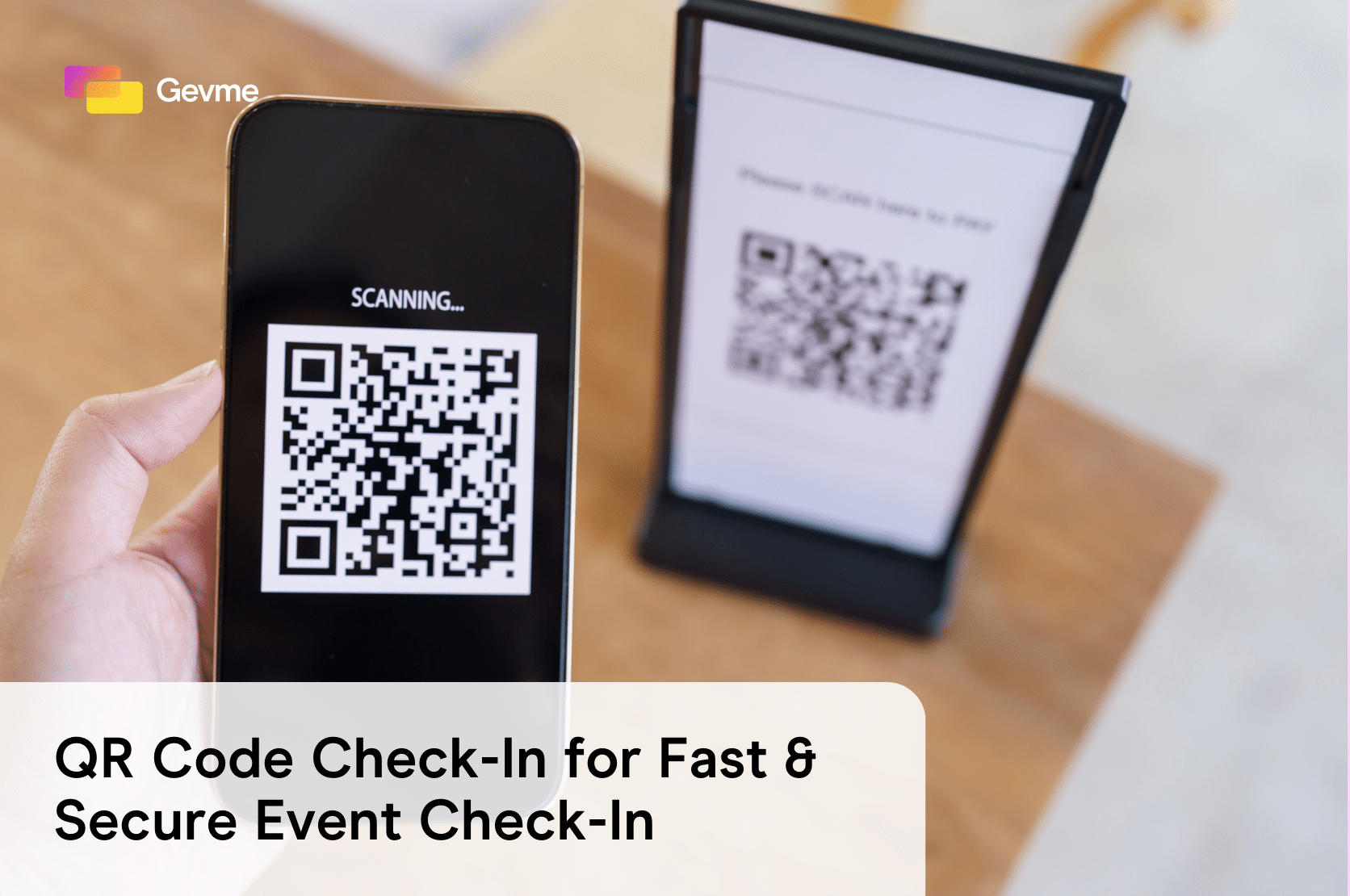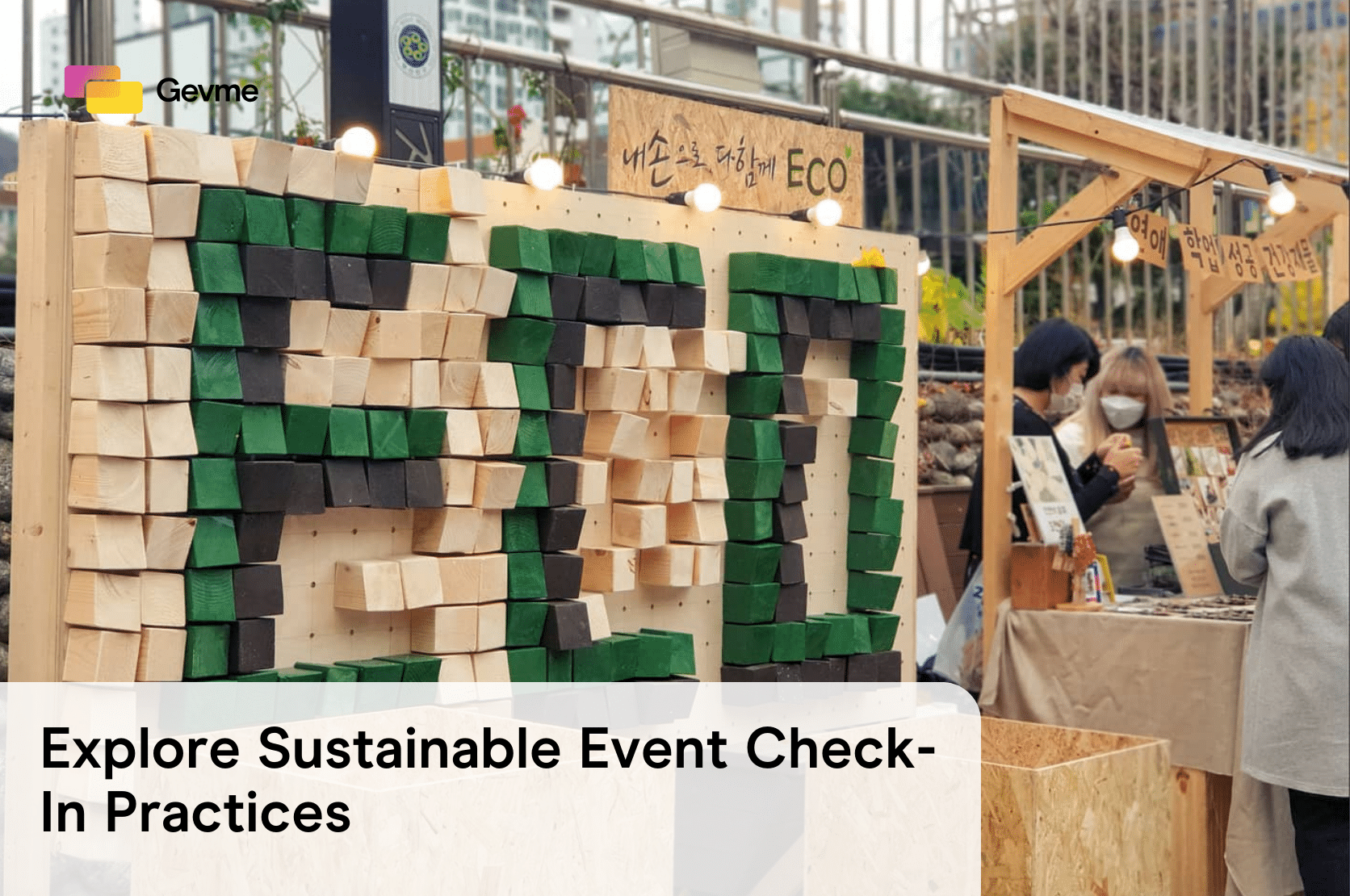Thousands of events are being organised every day – which means your audience’s attention is now widely scattered. So, doubling down on event marketing strategies is the need of the hour to cut through the noise.
Event marketing is not limited to sending emails announcing the date of the event or sharing the link to a registration page on social media. To capture attention and hit your registration goal, you need event marketing strategies that resonate with your audience.
Our Virtual Events Benchmark Report 2022 shows that the average attendance rate at a virtual event is 55%. This implies that only half of the people who sign up for your virtual event will likely attend it live. And if you wish to surpass this industry benchmark, your event marketing strategy needs to be one that stands out and addresses questions that your audience wants to know more about.
In this piece, we’ll discuss some event marketing strategies you can use to drive more awareness around your event, get more people to sign up for it and create a buzz that gets your attendees to share about your event in their network.
But first, let’s understand the importance of event marketing.
Why is event marketing important in 2022?
After all the preparations and efforts invested in planning your event, you would want more people to sign up for it. Sending invitations to names on your email list isn’t enough. To get a significant amount of event registrations, you need people outside of your company’s email list to come to know about your event.
That said, event marketing is not just useful in increasing event registration but also in striking up conversations with people in the community you wish to target. It also helps boost your brand awareness, get more attendees to talk about your event and eventually establish your event as a primary source of insightful information for your audience.
At a time when everyone is digitally connected, event marketing helps take the reach of your events to a global level. Especially if you are hosting a virtual or hybrid event, it’s easier to get in touch with your global audience through various event marketing strategies.
So, let’s take a look at some of the most useful event marketing strategies worth trying in present times.
Event marketing strategies for 2022
Once you have everything in place – the speakers, a venue (in case you are hosting an in-person event), a solid agenda and content, it’s time to get started with your event marketing plan.
Here’s how to do this.
Deep dive into data
Data is one of the most valuable assets to studying your audience and understanding their behaviour. It also helps in predicting their future course of action and even personalising their event experience.
Primarily, analysing data from your past events helps recognise what can trigger your audience to participate more at your event, look into the demography and then plan your event marketing strategies.
Based on this data, you can centre your event marketing plans to suit your audience’s interests and encourage them to sign up for your event. Such data is also helpful in creating personas to create better-targeted marketing campaigns and achieve desirable results from them.
Using event technology platforms like Gevme ensures you are equipped with all the tools to get relevant data about your audience. For instance, when you host your events through Gevme, you can collect information about your audiences such as the time they spend watching a particular session, their networking behaviour, the type of event content they consume and more.
Create a landing page that converts
If all you are putting up on your landing page is a form and some lines of text about the event, then it’s time to redo this page to meet the expectations of today’s audience.
The landing page has to be thoughtfully designed along with a copy that sets the context and answers all the questions that your audience has in mind regarding the event.
For starters, include a clear description of what the event will entail. Describe what your event attendees can expect to leave with after attending the event.
Mention the agenda and the topics that will be covered in each session. Also, include the name of the speakers for each session so your audience can attend it based on their interests.

If you are expecting a global audience then specifying the time zone on the landing page will help your audience understand when to log into the event. You can even add pictures of your speakers on the landing page or short trailer videos that give the page visitor an insight into what they can expect from the event.
A strong call to action and a consistent font style are other essential elements to creating a landing page that converts.
Pro tip: To let more people in your event registrant’s community know about your event, provide some content and social media share buttons right after someone has signed up for the event This will encourage them to use this piece of content on their social media profiles to share that they have registered for your event.
Create a unique hashtag
Almost everyone today uses social media — which gives you the perfect opportunity to leverage this channel to promote your event. By creating a unique hashtag for your event, you can encourage your event attendees to use it while talking about your event.
Such user-generated content has better potential to promote your event — as people get motivated to sign up for an event when their peers recommend it to them. A better alternative to paid campaigns, user-generated content can have a major impact on how many people sign up for your event and even spread the word around in multiple communities across different social media platforms.
In Episode 6 of Event Exchange, we have discussed in detail how user-generated content can be leveraged to drive engagement before, during and after your event. The episode also highlights the importance of social walls for events and how such tools can be used to also create a sense of community among your audience.
Build a community all throughout the year
By adopting a digital-first approach to your event marketing strategy, you can ensure to stay connected with your audience all throughout the year. While it’s common to send emails both before and after your event, continuing this conversation will help you remain relevant to your audience all throughout the year.
So how can you do this?
You can leverage the power of video in your event marketing strategy to connect with your past and future event attendees. This can be done by sharing access to on-demand event content with your attendees who have attended the event or have been unable to attend any of your past events.
Giving access to such insightful video content can motivate even those who have not signed up for your past events to register the next time you host an event.
Further to this, you can use some snippets from this on-demand content and publish it on social media to spark discussions among your audience. You can ask related questions or generate polls — such that the conversation around your events never cease to exist.
Engage with micro-influencers
You may have some keynote speakers or popular faces featured in your main event. And it’s no surprise that collaborating with such leaders or public figures isn’t possible once the event is over – either due to budget constraints or due to their busy schedules.
This is where you can leverage the reach of micro-influencers from the same industry to get the word out about your business event.
Today, social media platforms like LinkedIn have a major role to play when it comes to promoting your business meetings and conferences. By engaging with micro-influencers within the same industry on such platforms, your event can achieve better exposure and generate a buzz among an audience that has a genuine interest in your event content.
You can make this even easier for them by providing relevant content regarding your business event. Further, you can make such collaborations more actionable for your business by inviting them for a session or giving them free access to your event.
Stepping beyond the conventional event marketing strategy
There’s fierce competition now in the events industry and event marketers have to understand their audience better to catch their attention. Personalisation will continue to play a key role in event marketing and to do this, asking event attendees their feedback and suggestions can help strengthen the event marketing strategy.
The rise of new and altered expectations of event attendees means event marketers have to continuously use the right mix of event formats and marketing strategies to get the desired results. So, adopting an omnichannel event strategy can help event marketers and planners to stay close to their audience’s expectations all throughout the year.
See how Gevme’s omnichannel event platform helps the top companies to grow, engage and monetise their event audience.








